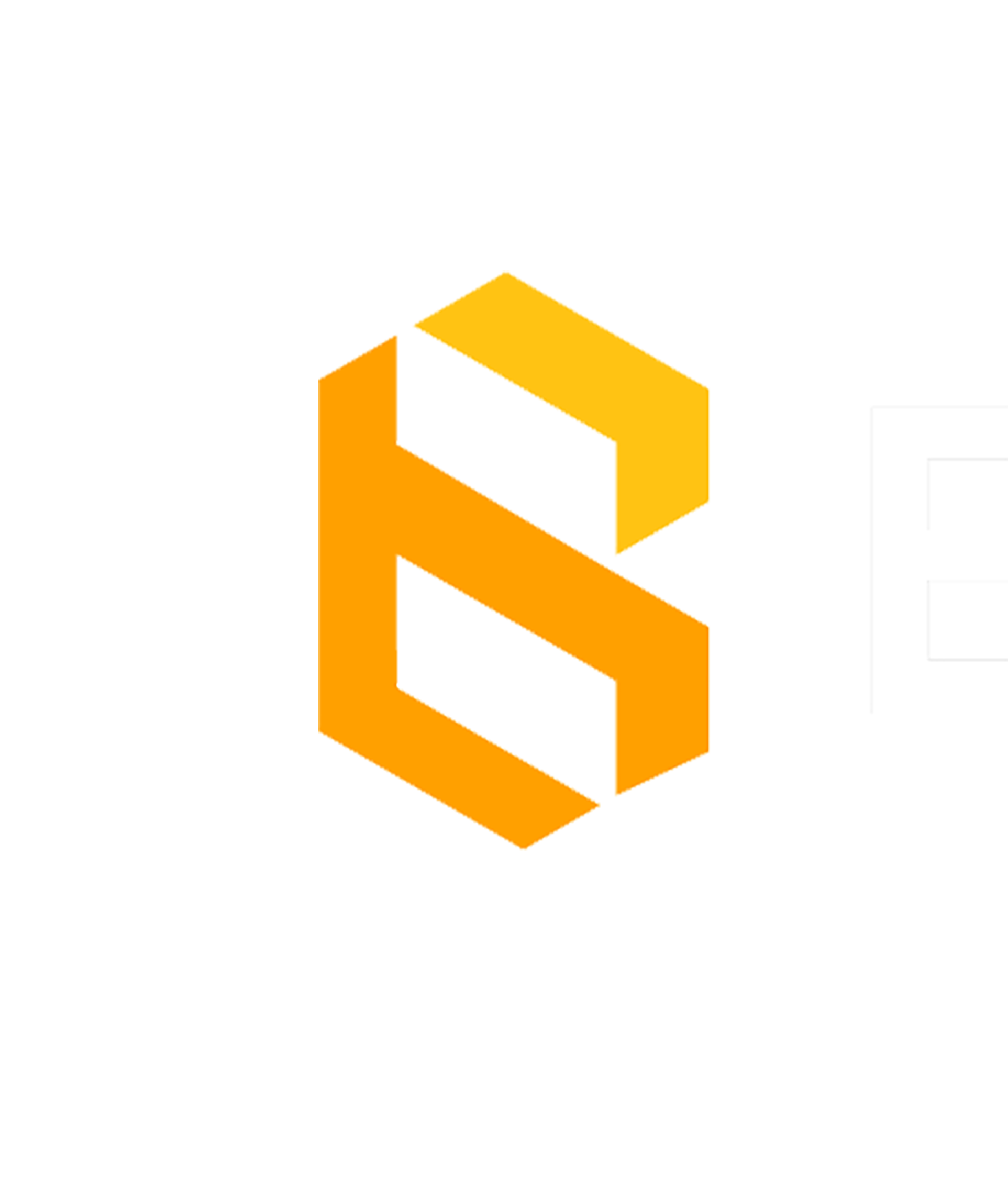
Current openings at Bot Auto
At Bot Auto, we are revolutionizing the transportation of goods with our cutting-edge autonomous trucks, enhancing the quality of life for communities around the globe. With the agility of a start-up and the wisdom of seasoned experts, Bot Auto boasts a team that has achieved numerous world-firsts and unparalleled innovations. United by a shared vision, we create miracles and propel the future of transportation. Join us and transform your dreams into reality.